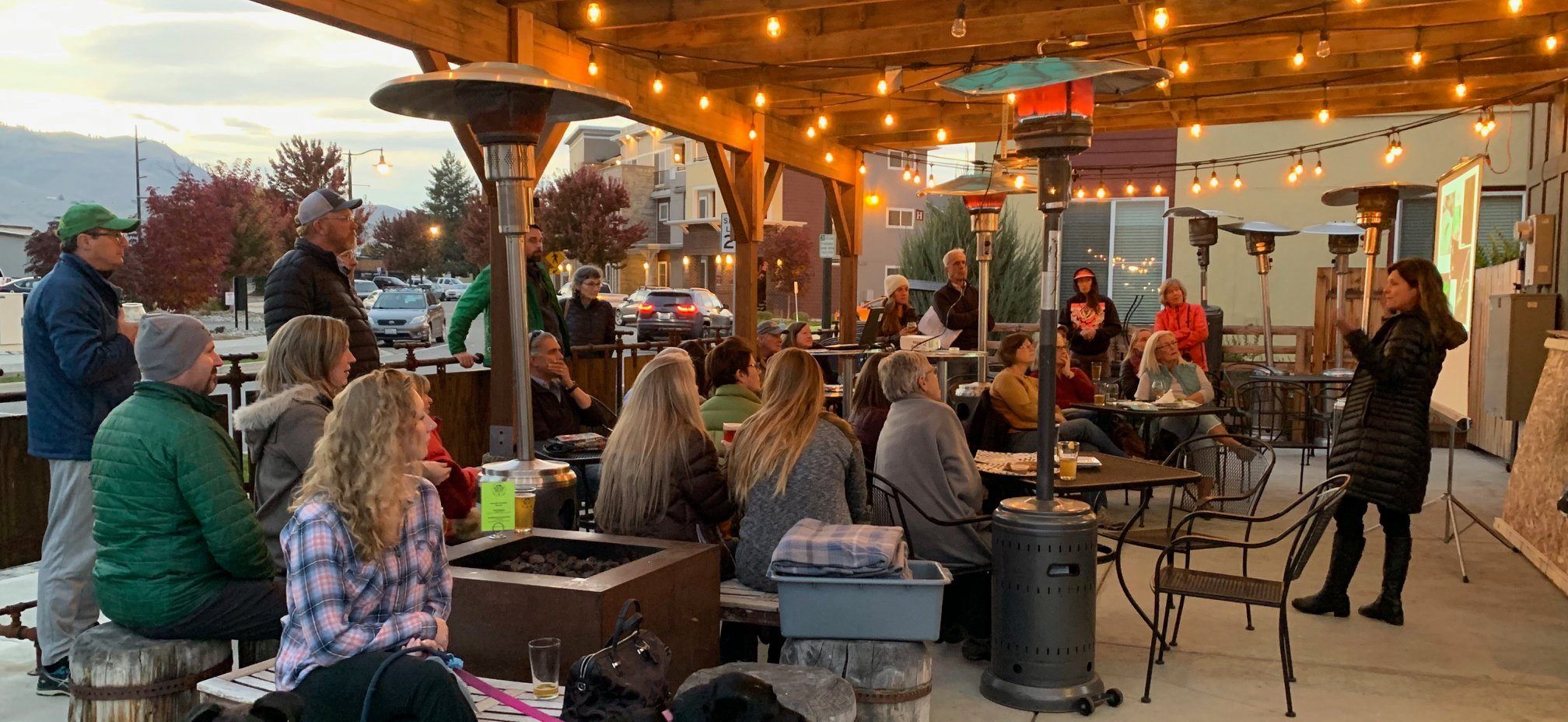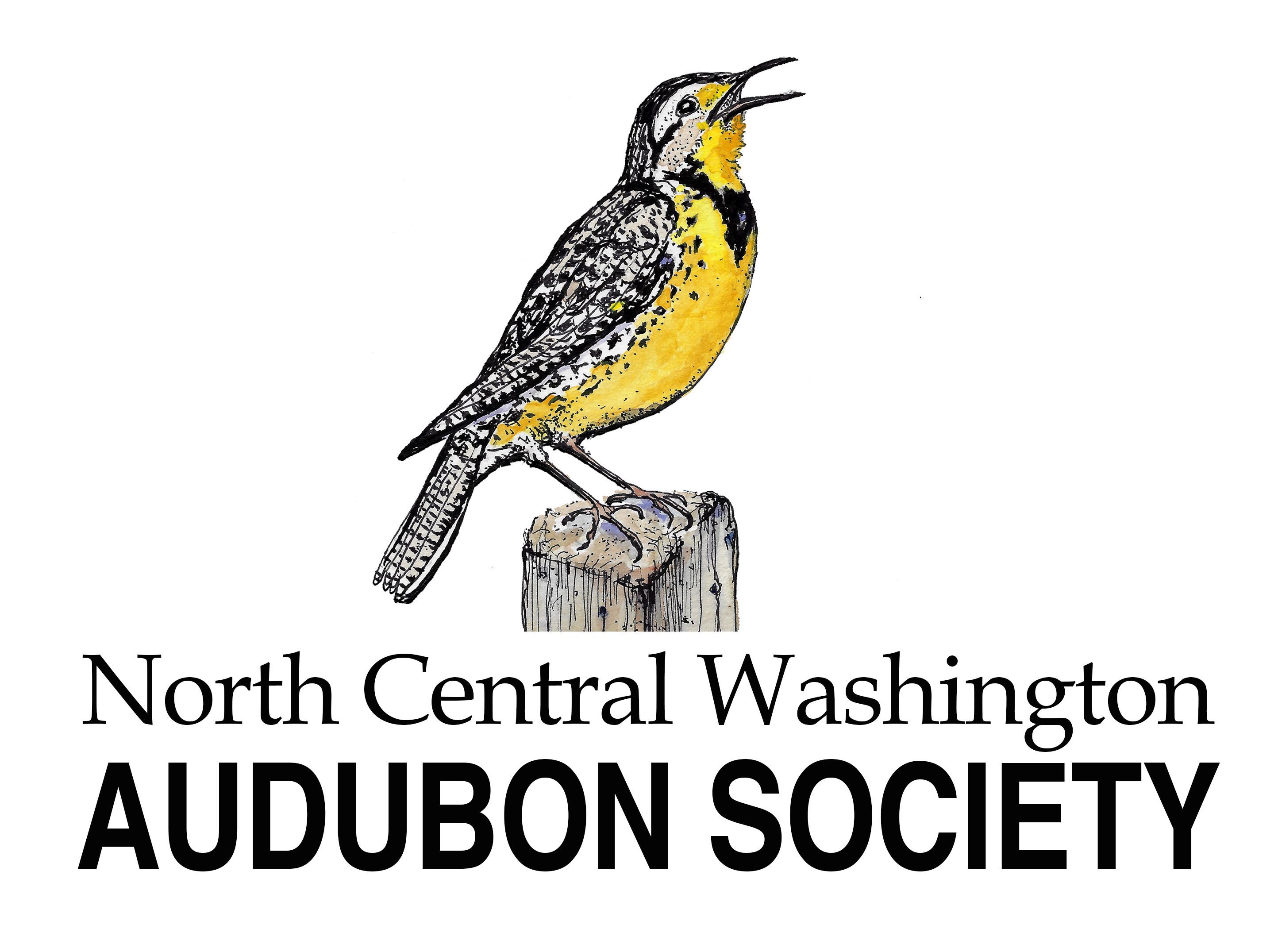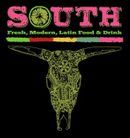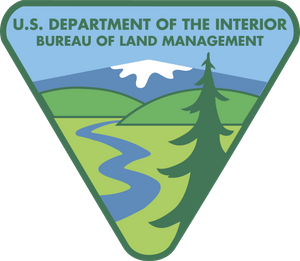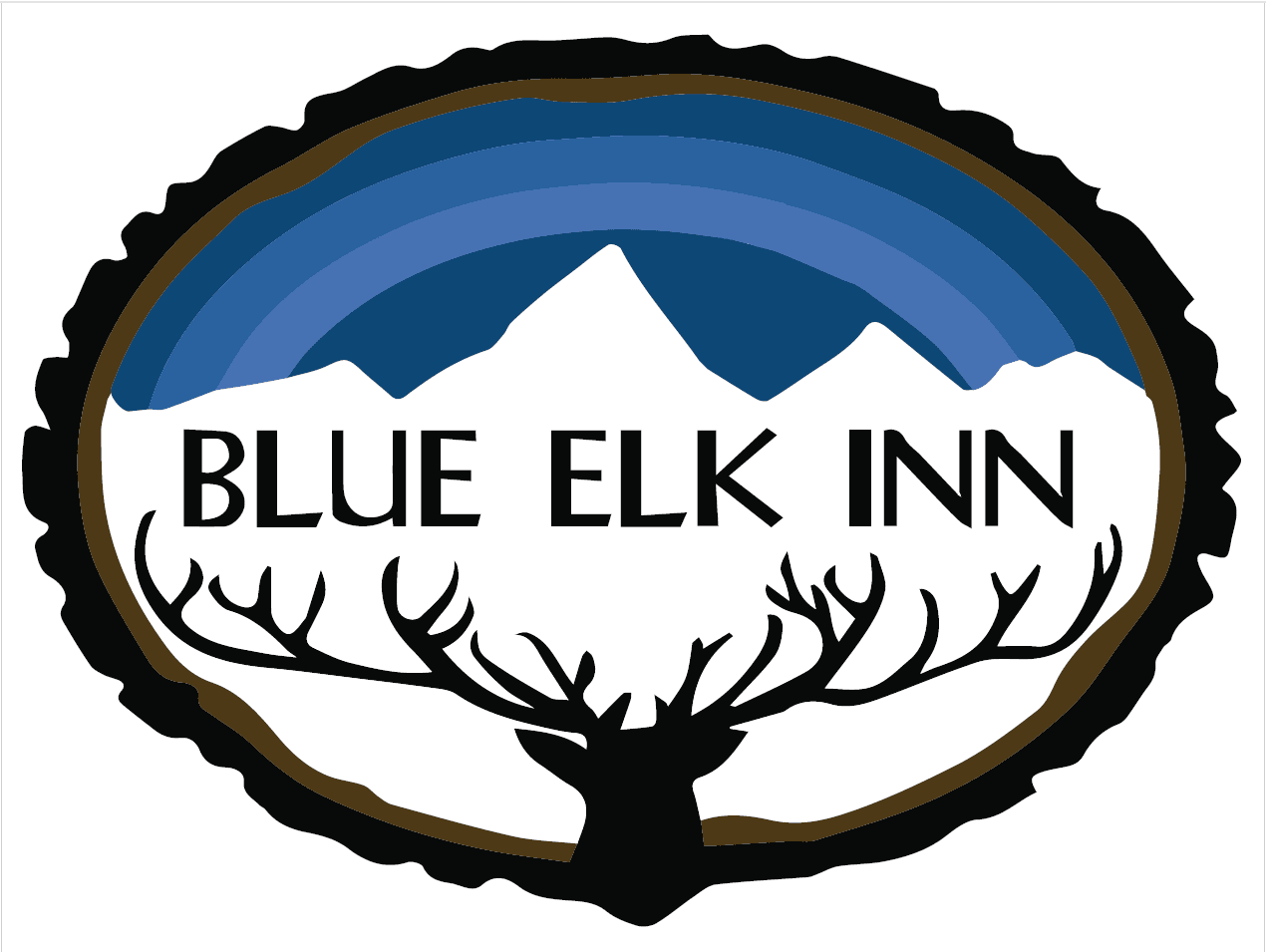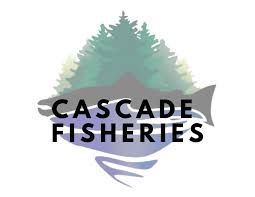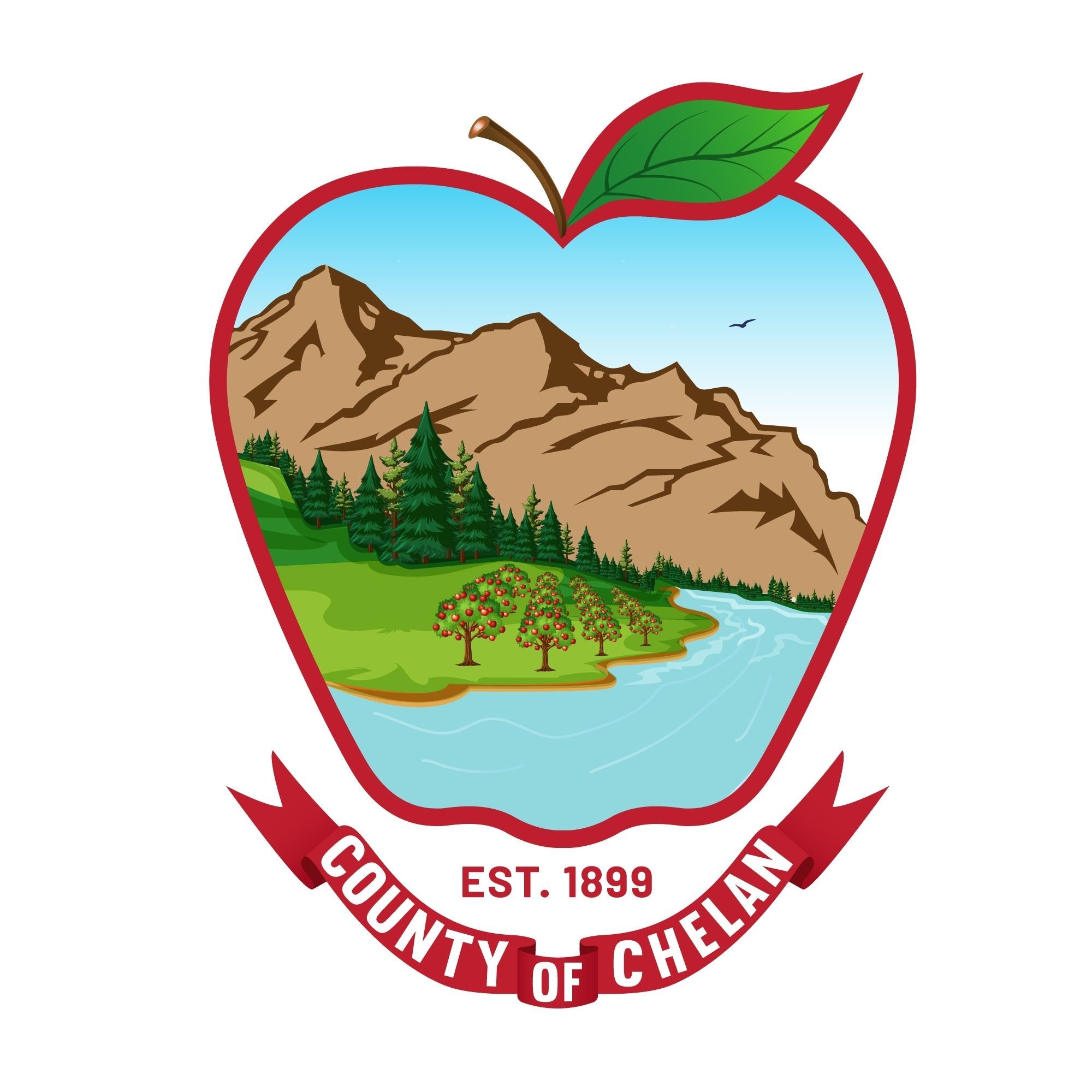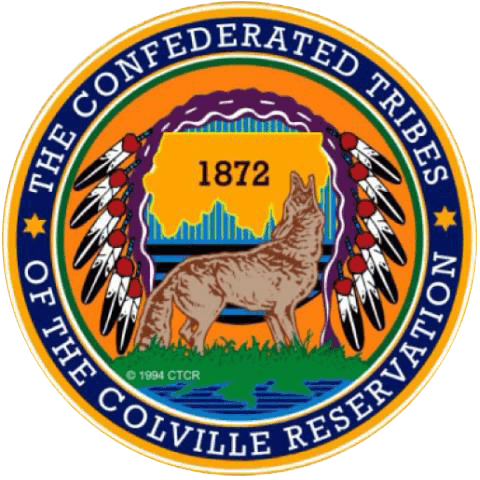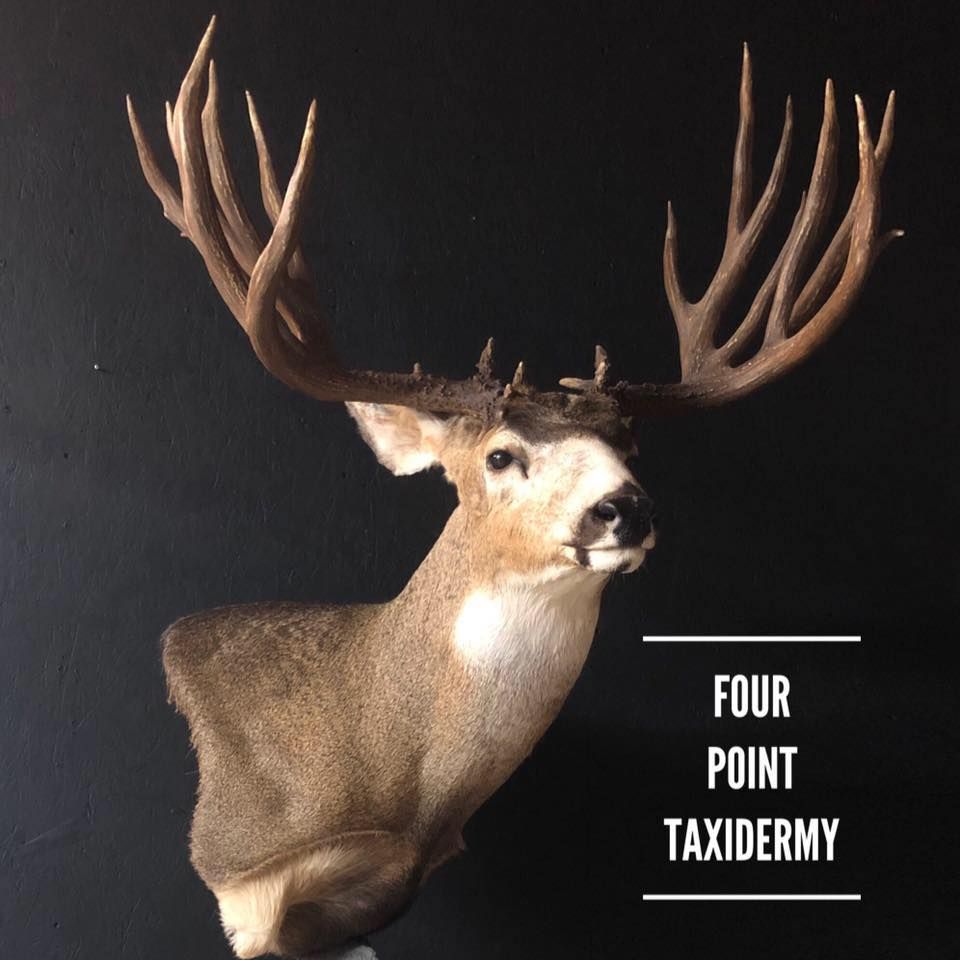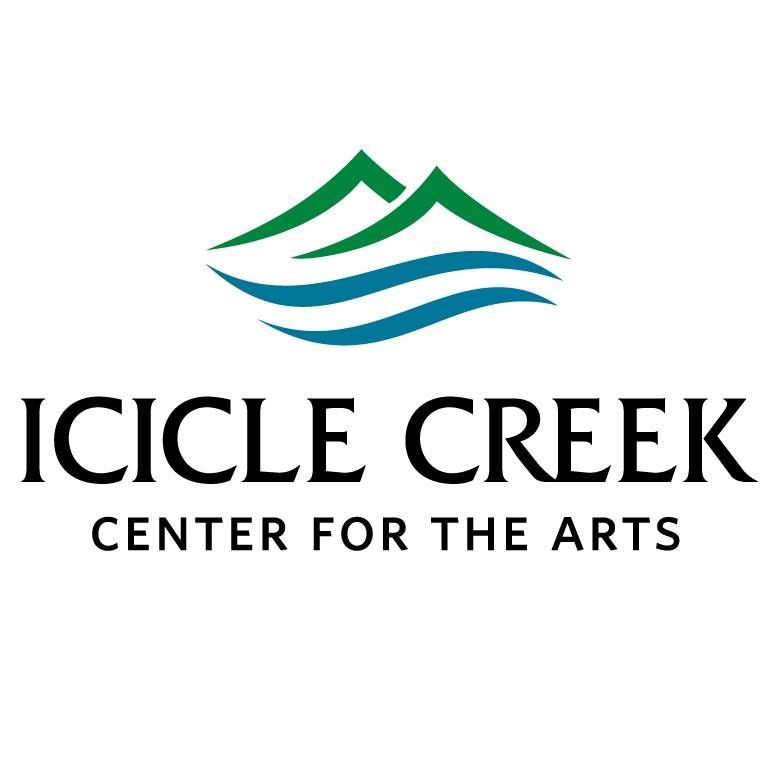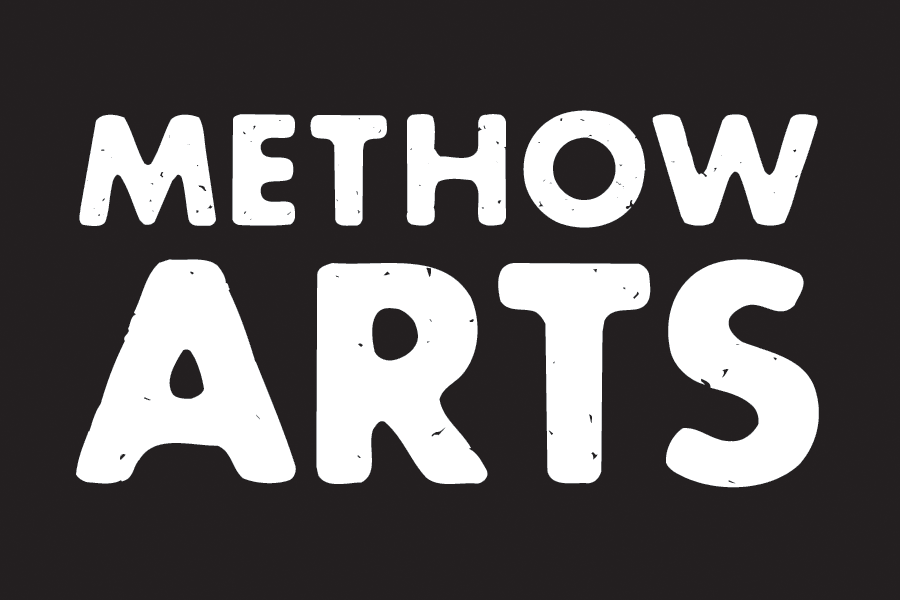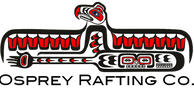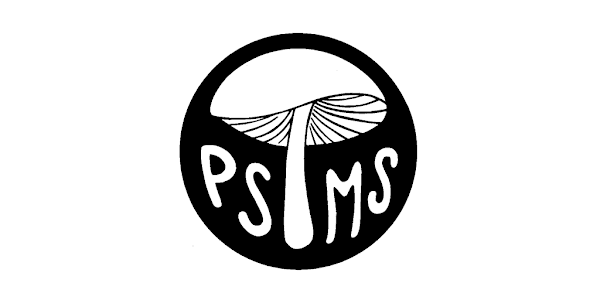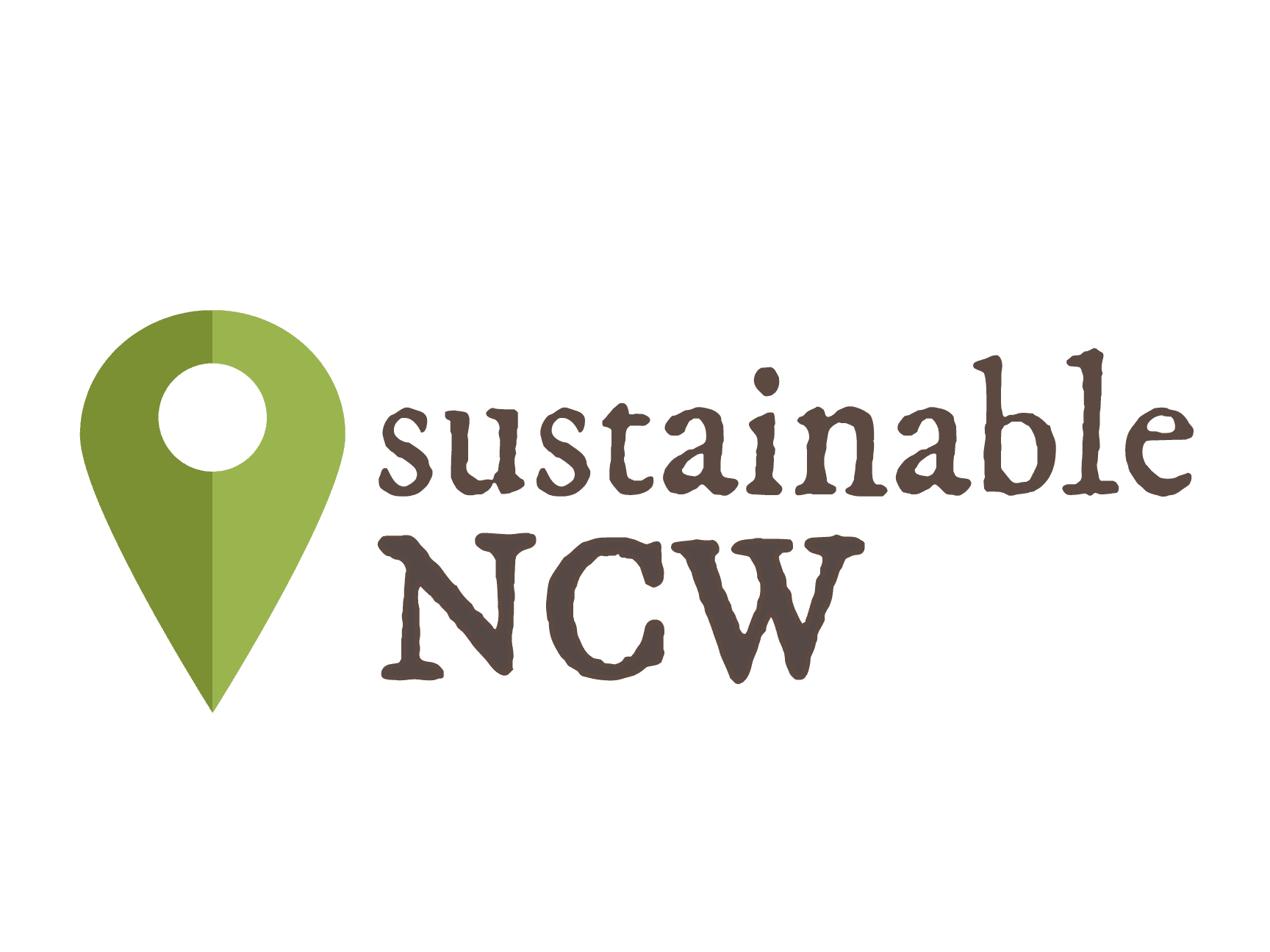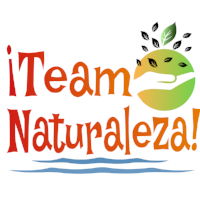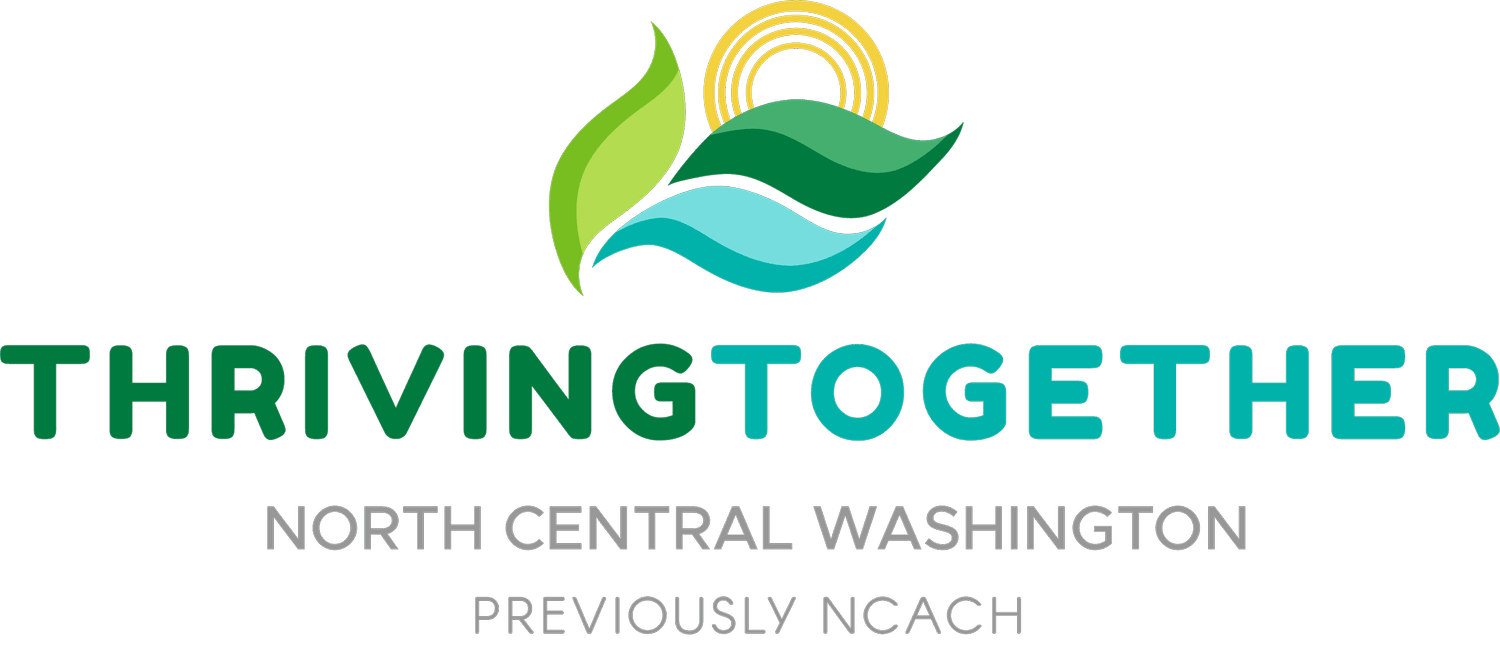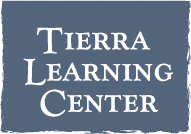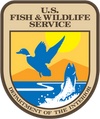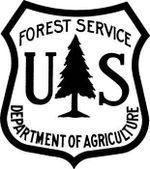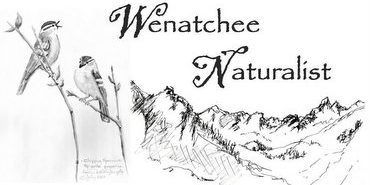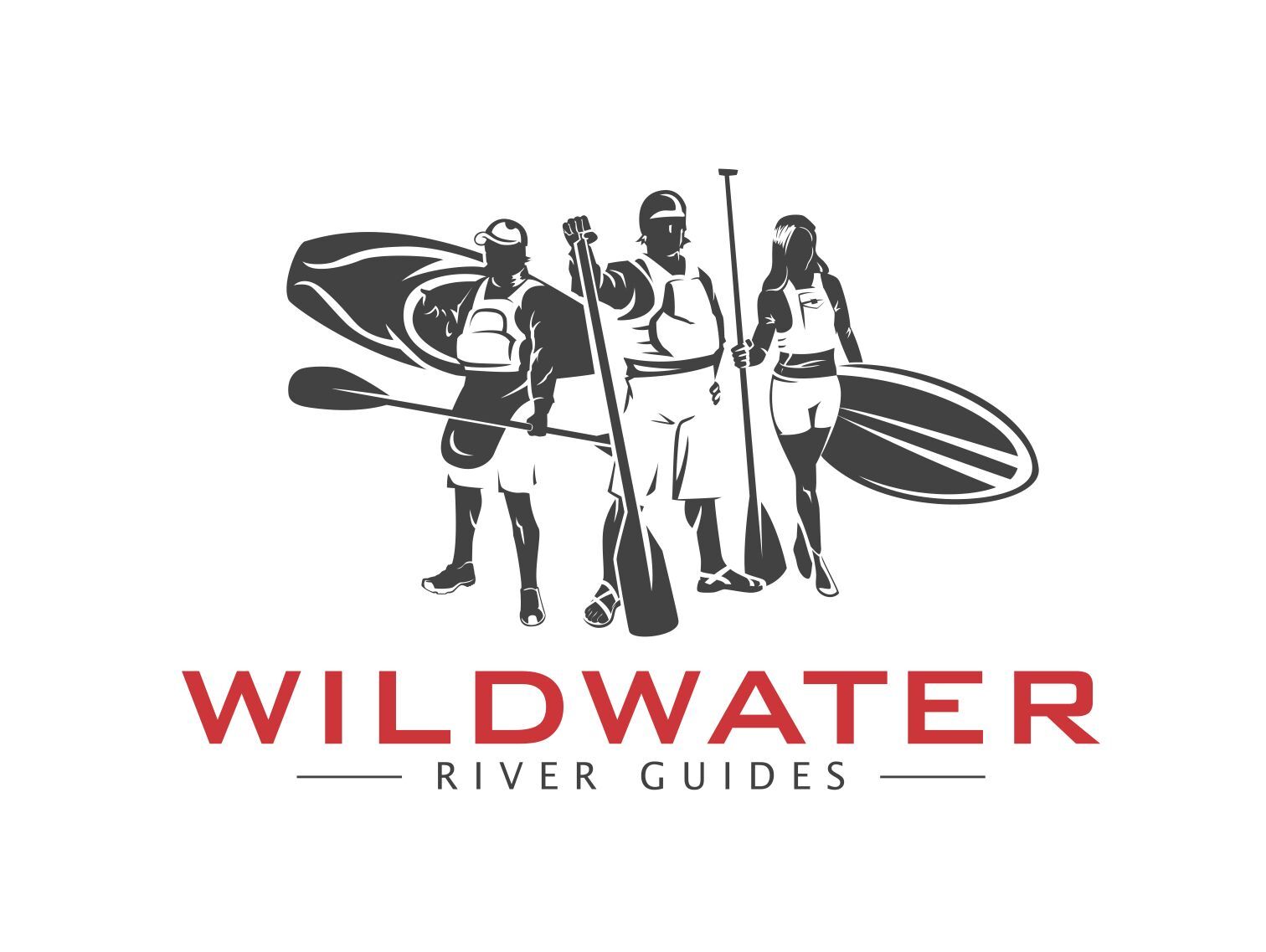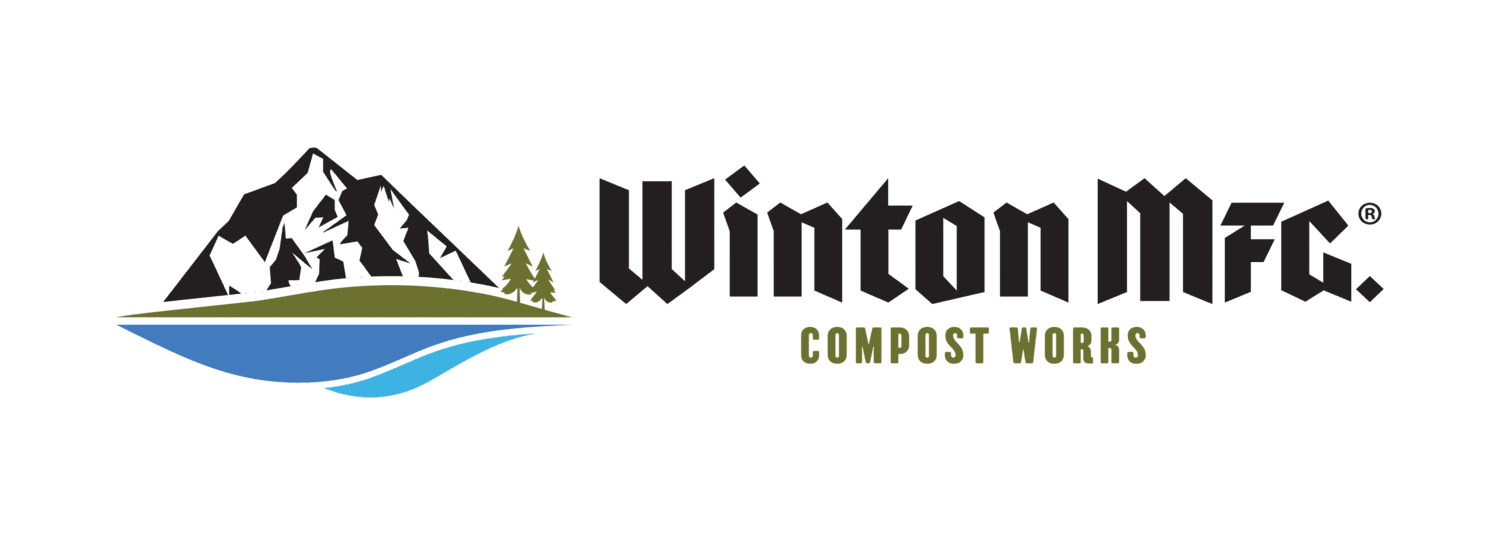Intro to Wildlife Tracking Class
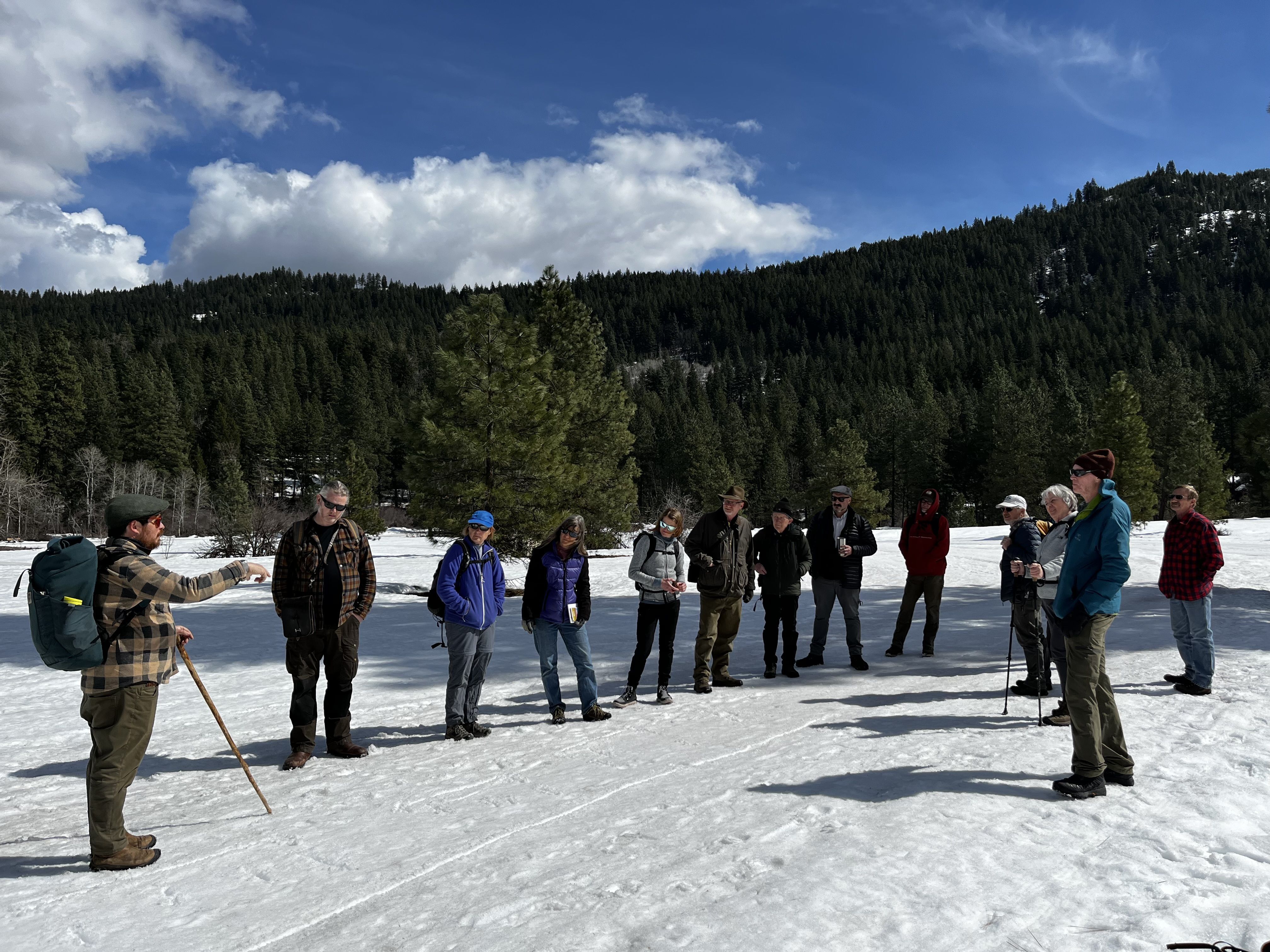
There are few things more exhilarating than finding a fresh bear track on a dusty trail, the thimble-sized track of a fawn in spring or seeing the bright orange of an elk antler rub on an alder tree in autumn. Washington state has abundant wild and natural landscapes. Understanding the stories told from the multitude of signs left by animals can deepen our connection to and love for these places.
WRI invites you to join us for a weekend introduction to the language of wildlife tracking. Throughout the weekend, you’ll gain a basic understanding of how to identify and interpret the commonly left tracks and sign of the birds, mammals, and insects of our region.
The topics covered over the weekend will include the fundamentals of identifying tracks, developing stories of animal behavior based upon track patterns and signs, and the principles of using natural history to actively look for and find animal track and sign. By the end of the weekend, you can expect to look at the natural world more deeply and have the primary skills necessary for a deeper study of the landscape around us.
Your ticket is for a two-day intro to tracking course. Each day will be a full day spent outside in the field. We will travel in the WRI Otter Van between locations around the Leavenworth area. Be prepared for the day's weather. Be sure to bring plenty of water and food.
Cost: $165 nonmembers, $140 members
If the cost is a barrier for you to participate, follow the "Financial Access Form" link below.
Limit of 13 participants
Food and lodging not included.
Trail difficulty, some off-trail travel up and down ridgelines.
About the Instructor:
Adam Martin is an environmental educator who has taught about wildlife tracking and Pacific Northwest natural history for the past 15 years. He is a core instructor for the Wildlife Tracking Intensive at Wilderness Awareness School and is part of the leadership team for Conservation Northwest's Cascades Wildlife Monitoring Project. In other capacities, he works as a restoration specialist for Ecostudies Institute. He focuses on restoring and conserving oak and grassland habitats in the Salish Sea. He has a dual BA/BS degree in Natural History, Ecology, and Environmental Education and a Master's in Environmental Studies from Evergreen State College.

